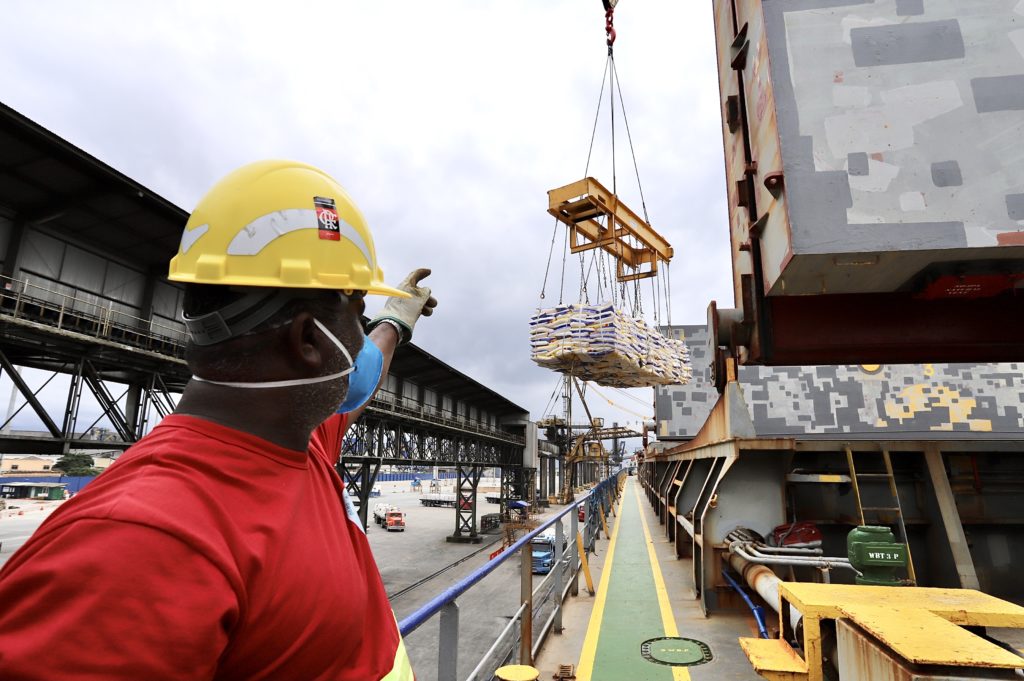São Paulo – In August 26, Brazil’s president Jair Bolsonaro sanctioned the Provisional Measure 1.040 that resulted in the Law nº 14.195/2021, designed to improve the country’s business environment. Created by the Ministry of Economy, the law aims in the short term to make Brazil move up 20 positions in the World Bank’s Doing Business Ranking. In the medium term, and coupled with other initiatives, the goal is putting Brazil among the 50 best countries to do business. The most recent data, from 2019, had Brazil ranking at 124 among 191 nations led by New Zealand.

Some initiatives of the new law are increasing minority stakeholder protection, providing automated licensing procedures for medium-risk activities such as food wholesalers, hotels, non-invasive medical activities, and preschools. Another provision of the law is a ban on the levying of company registration for obtaining data that are already in the federal’s government database.
Regarding foreign trade, the sanctioned law fully eliminates Siscoserv – a services trade database that used to create costs for the private sector and required further criteria for licensing imports – in order to avoid creating non-tariff barriers.
According to Brazilian Foreign Trade Association executive president José Augusto de Castro, this is a good law that can benefit the country. But it’s hardly enough and comes along at a wrong time.
“As a principle to help the country improve its business environment, the law is welcome, but in fact we must create predictability for decision making. What we really need is cutting export costs and what it provides in a way is cutting import costs in a moment we have plenty of foreign competition,” Castro says.
Here’s more on this:
- How the pandemic has changed global trade
- Brazil’s external accounts recorded positive balance
- Brazil suspends tax, facilitates maize imports
Rapporteur of the MP 1.040 in the Senate, senator Irajá (PSD-TO) believes that one of the advances for foreign trade is the single-window system available on the web for importers and exporters. “Through this system, you will be able to forward documents, data or information to agencies and federal public administrations entities as a condition to import or export goods,” the senator says.

He explains that this initiative meets the need to implement the terms of the Trade Facilitation Agreement and is expected to present on a web page all the necessary requirements to import or export.
“The measure addresses creating a business environment in the country in a delicate moment of the country’s life where the Congress more than ever needs to implement instruments and mechanism that can facilitate the relation of businesspeople with public agencies in all walks. We must foster the competitiveness of companies by designing an institutional framework that’s able to ultimately assure the best work and investment conditions for the Brazilian entrepreneurs,” Irafá finished.
*Special report by Marcos Carrieri for ANBA
Translated by Guilherme Miranda




